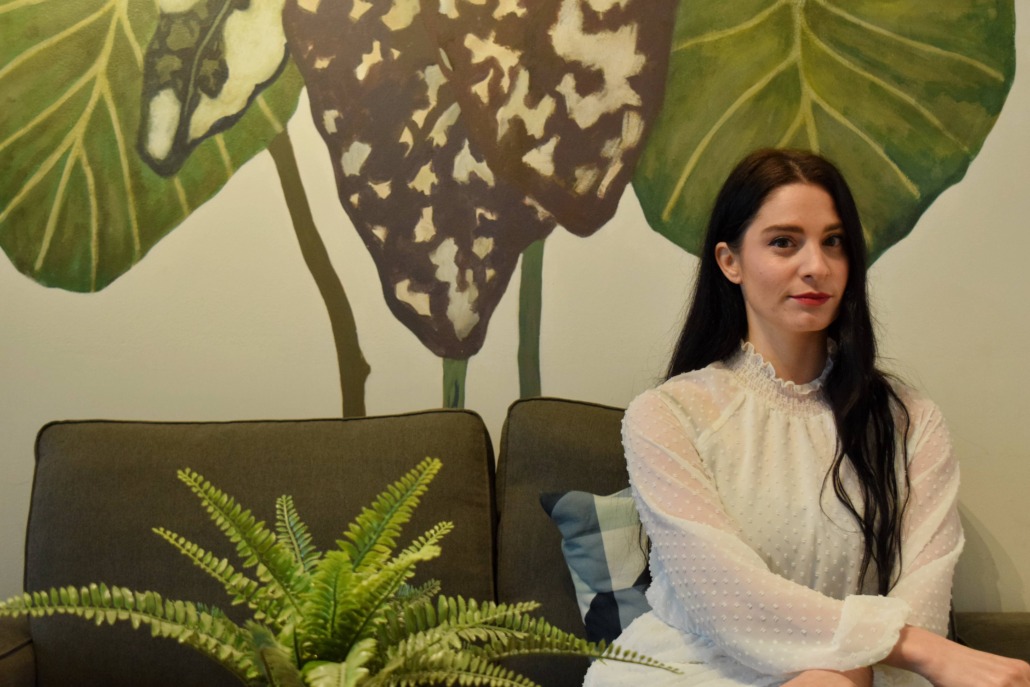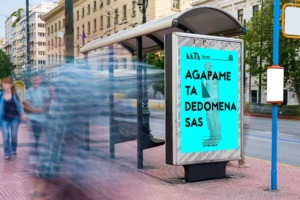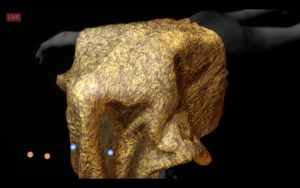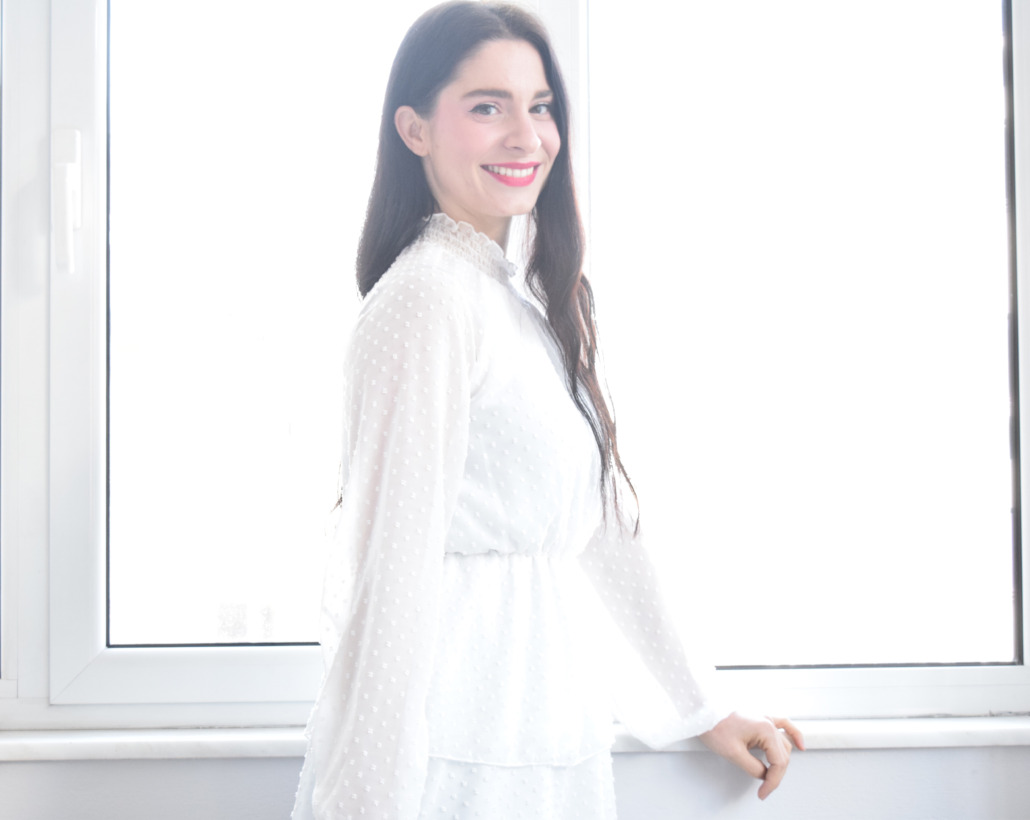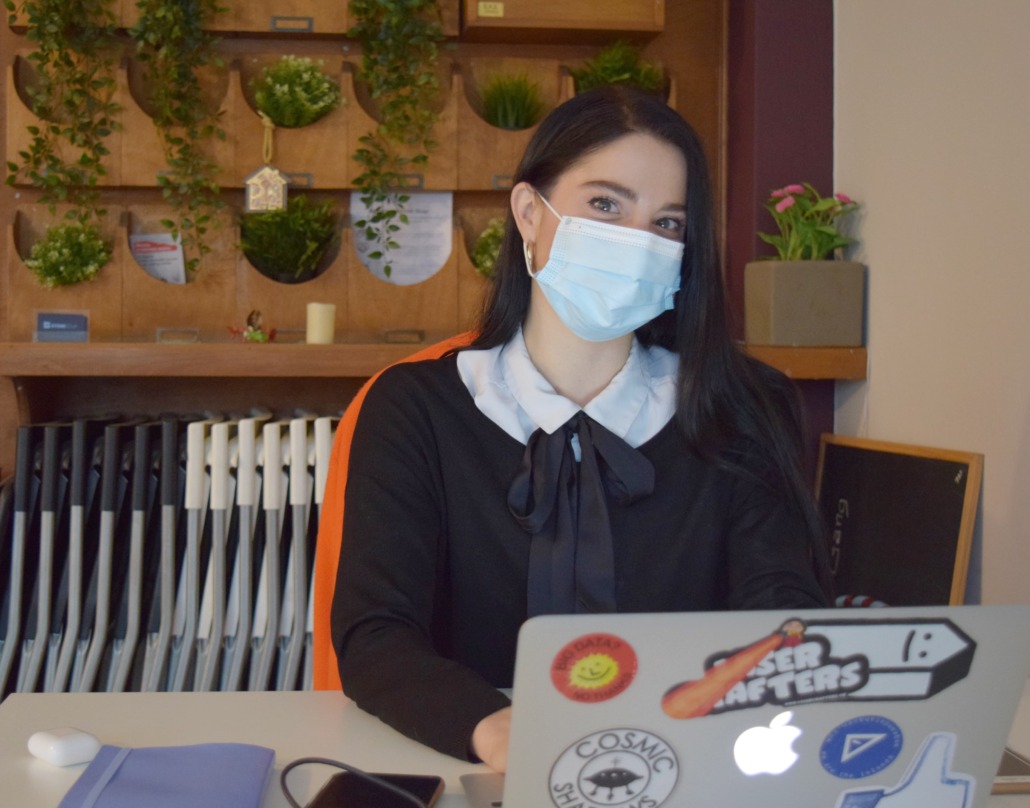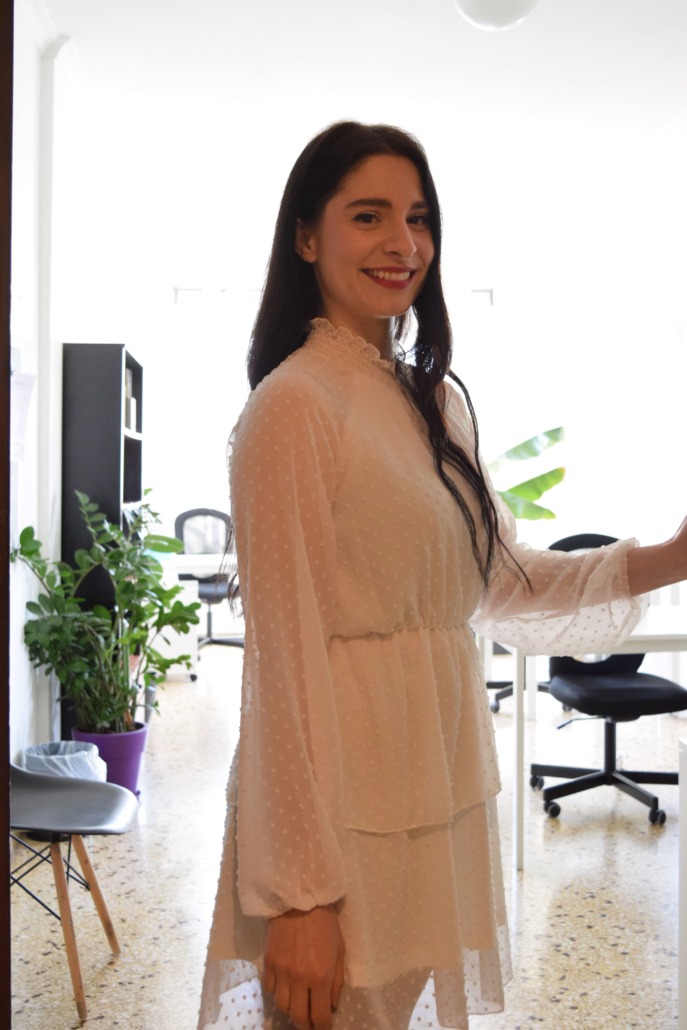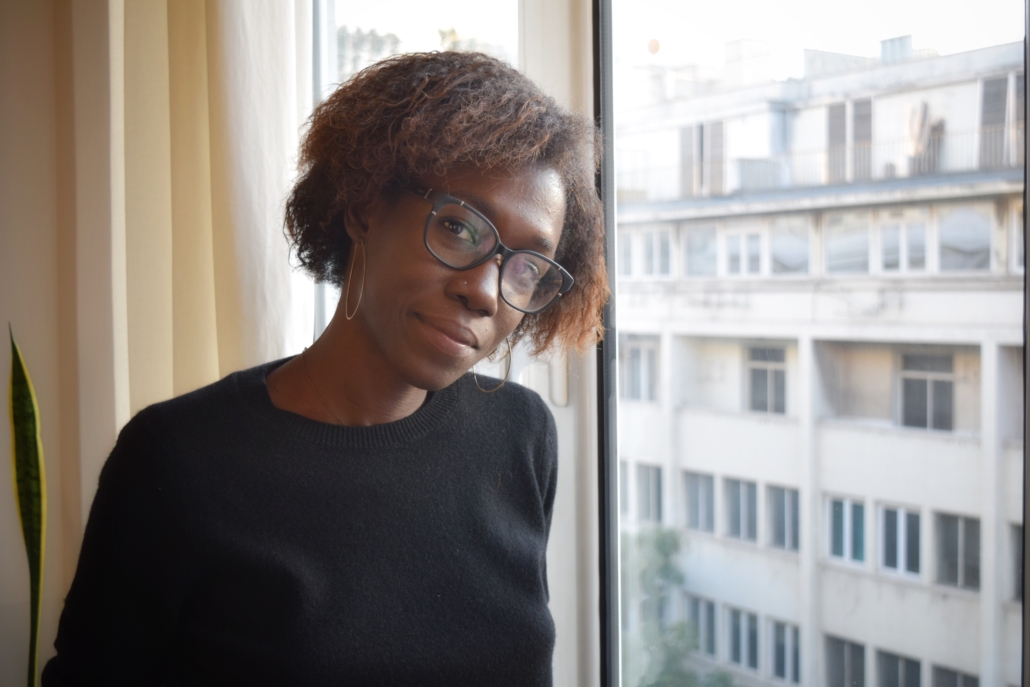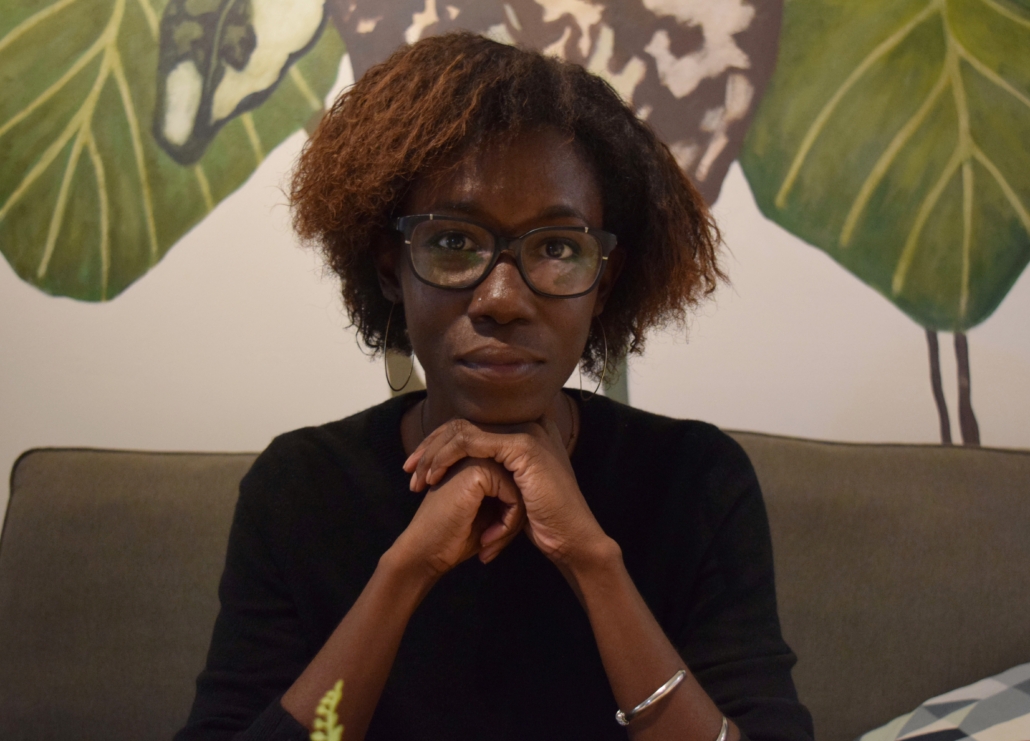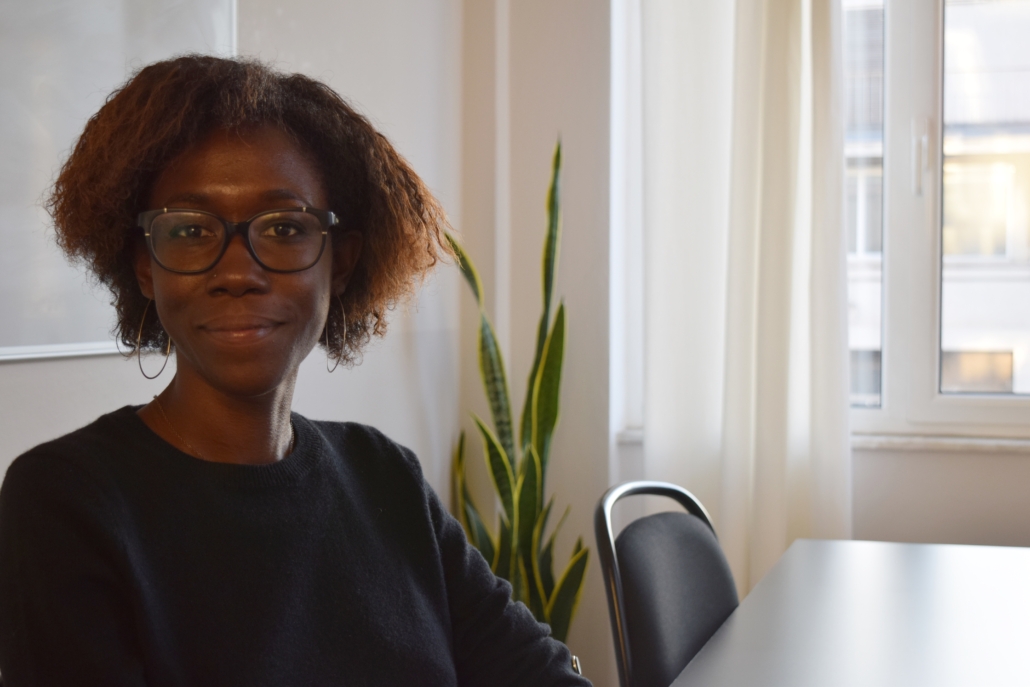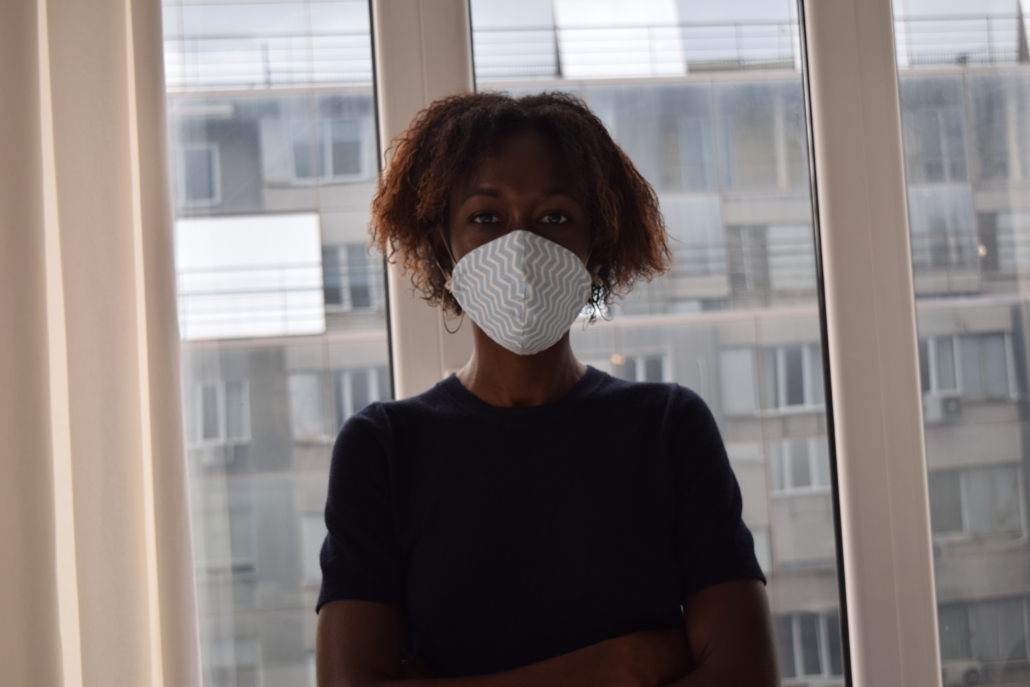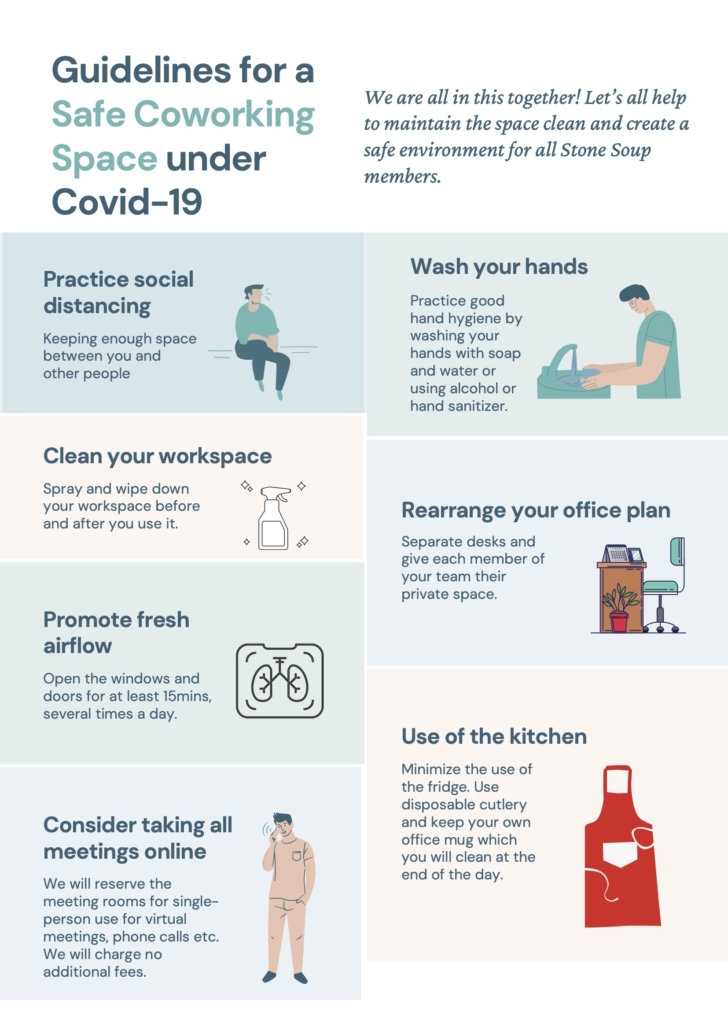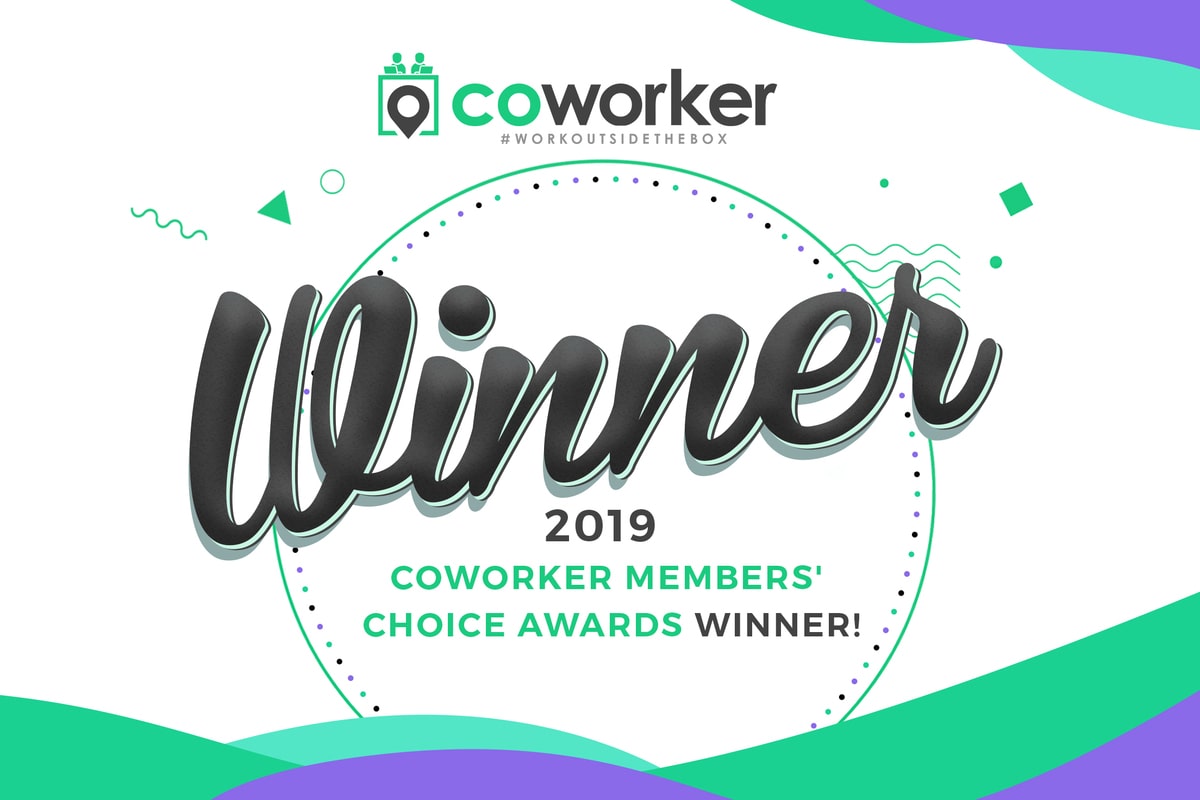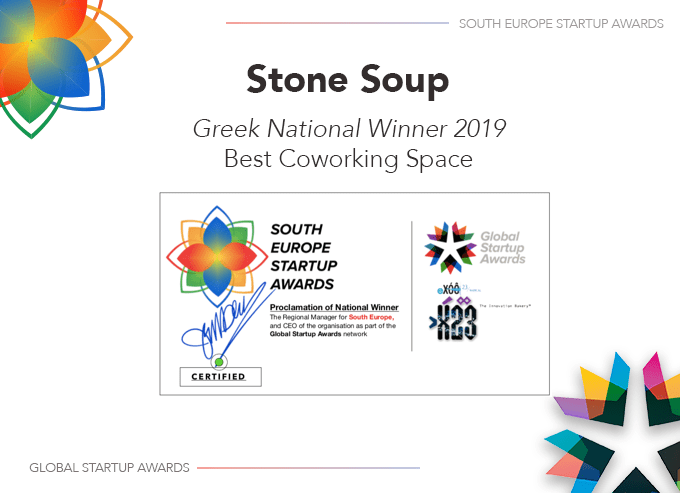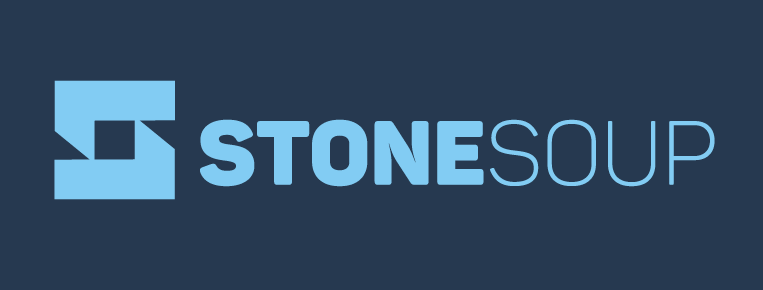#10 FAQs About Remote Working From Athens: A Practical Guide for Digital Nomads
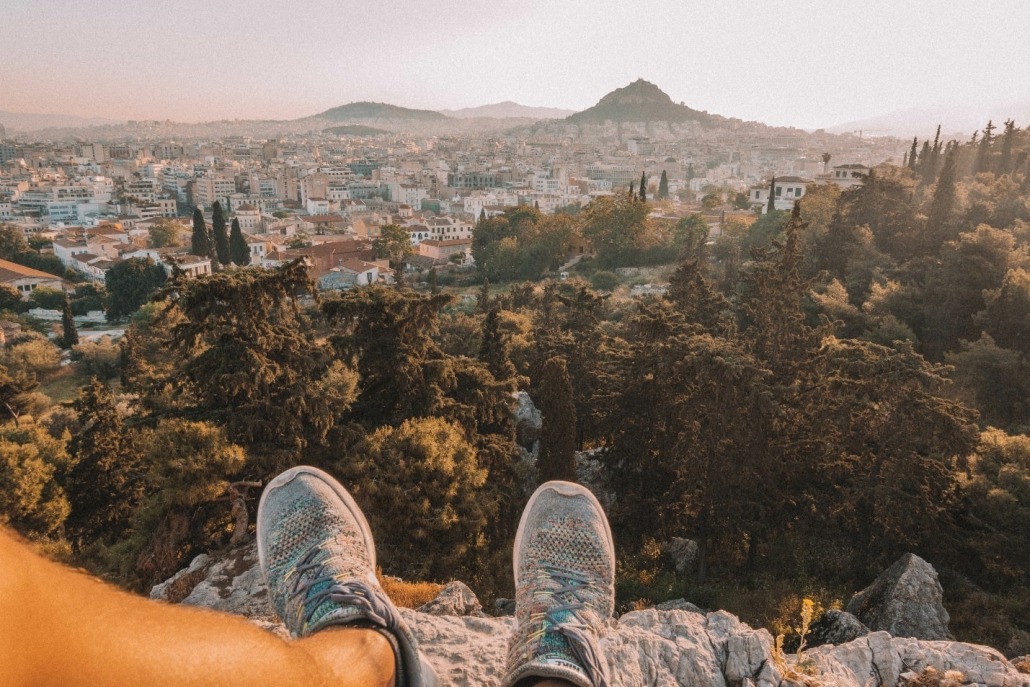
As a digital nomad, the idea of being able to work from anywhere can be both exciting and daunting. With the rise of remote work and the increasing popularity of Athens as a travel destination, it’s no wonder that more and more people are considering the city as a potential base for their work-from-anywhere lifestyle. But before you pack your bags and head to Greece, it’s important to have all the information you need to make an informed decision. In this blog post, we’ll answer 10 of the most frequently asked questions about remote working from Athens, so you can feel confident in your decision to live and work in the city..
1. How is digital life in Athens?
The internet connection in Athens is generally reliable and fast. Most cafes, coworking spaces, and hotels offer free Wi-Fi, so you won’t have to worry about finding a hotspot. If you need a more reliable connection, you can also purchase a mobile data plan or sign up for a broadband plan in your apartment or hotel.
2. What is the cost of living in Athens?
Athens is considered one of the most affordable cities in Europe. The cost of living is low compared to other popular destinations for digital nomads, such as Berlin or Amsterdam. You can expect to pay around €700 to €900 per month for a one-bedroom apartment in the city center. Monthly utilities come in at around €150 to €200. When it comes to food and drink, prices are similarly affordable. A cup of coffee costs around €3 and a meal for one at a restaurant comes in at around €10 to €15.
3. What is the climate like in Athens?
Athens has a Mediterranean climate, with hot, dry summers and mild, rainy winters. During summertime, temperatures can reach up to 40°C. Therefore, taking regular breaks from the sun and staying hydrated it’s very important. The winter months are milder, with temperatures ranging from 10°C to 20°C, and occasional rain showers.
4. What is the local language spoken in Athens?
The official language in Greece is Greek, but many Athenians speak English, especially those in the hospitality and tourism industry. If you’re looking to brush up on your language skills, there are plenty of language schools and courses available in the city.

5. How easy is it for digital nomads to get around Athens?
Athens has a well-developed public transportation system. A combination of buses, trolleys, and metro trains make it easy to get around the city. If you prefer to travel on two wheels, there are also several bike-sharing options available, including Athens by Bike and Kineo.

6. What is the food scene like in Athens?
The food scene in Athens is diverse and delicious, with a mix of traditional Greek dishes and international cuisine. From street food stalls selling souvlaki to high-end restaurants serving up contemporary Greek cuisine, there’s something for everyone. And of course, no trip to Greece would be complete without trying the famous Greek yogurt, which is widely available in the city.
7. What are some must-see places in Athens?
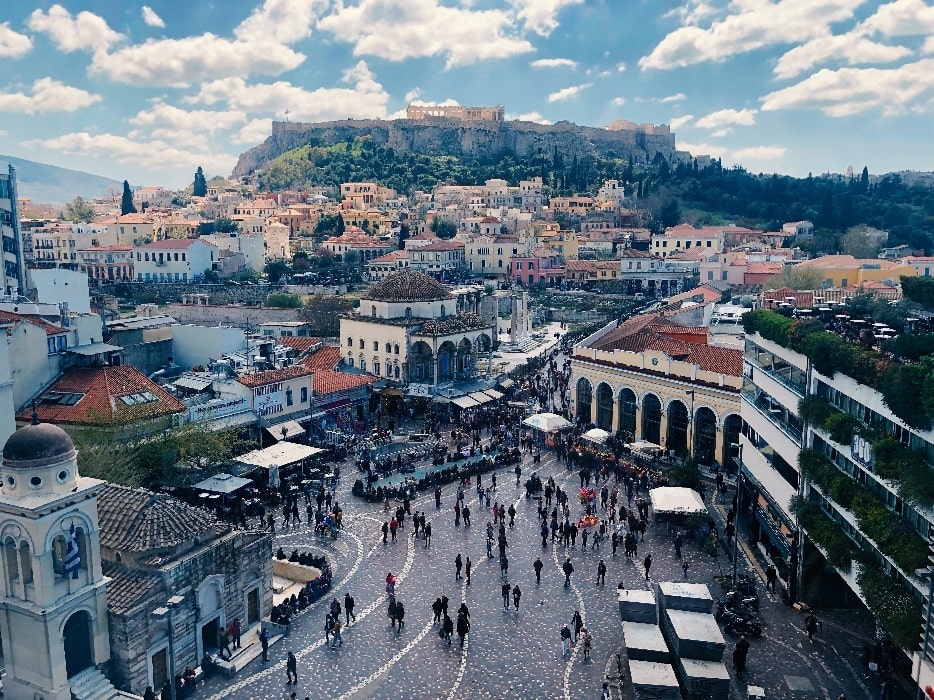
Athens is a city rich in history and culture, with plenty of iconic landmarks and sites to visit. Here are some of the must-see places for digital nomads in Athens:
- The Acropolis: This ancient citadel is one of the most famous landmarks in the world and a symbol of Athens.
- The National Archaeological Museum: This museum is home to some of the most important artifacts from ancient Greek civilization, including the Mask of Agamemnon and the Antikythera Mechanism.
- Monastiraki Flea Market: This is a popular shopping destination for digital nomads, with an array of vintage clothing, jewelry, and handmade crafts.
- Plaka: This is one of the oldest neighbourhoods in Athens. It is known for its narrow cobblestone streets, historic houses, and traditional tavernas.
8. What are some of the best spots for digital nomads to go in Athens after work hours?
As a digital nomad, you might be wondering where to spend your evenings after a day of remote work in Athens. Fortunately, there are plenty of exciting nightlife spots in the city to explore. Here are some alternative options to consider:
- Gazi: Gazi is a vibrant district known for its nightlife and cultural scene. It has a wide range of bars and clubs that cater to different tastes, including live music venues, gay bars, and alternative bars.
- Exarchia: This neighborhood is popular with the younger crowd and offers an alternative nightlife scene. It is known for its political activism and street art. It is also home to a variety of bars, clubs, and music venues.
- Psirri: Psirri is a hip and trendy district that has a thriving nightlife scene. The area has many bars, cafes, and restaurants, and it’s a great place to enjoy a night out with friends.
- Kerameikos: Kerameikos is an up-and-coming neighborhood that is quickly becoming one of Athens’ trendiest areas. It has a growing number of bars and cafes, and it’s a great place to explore if you’re looking for something different.
- Kolonaki: Kolonaki is an upscale neighbourhood that has a more sophisticated nightlife scene. It’s home to a variety of bars, restaurants, and rooftop lounges, offering stunning views of the city.
If you’re looking for a more relaxed experience, you can take a dip in one of the city’s many outdoor pools or enjoy a sunset from one of its many rooftop bars.
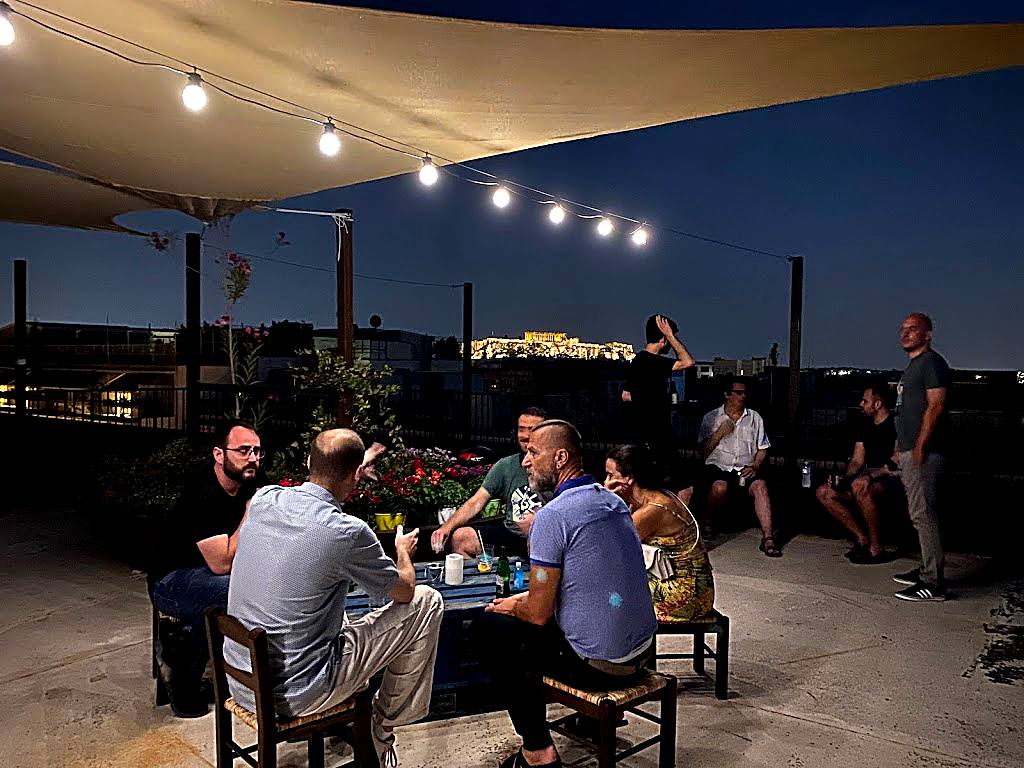
9. What kind of work environment can digital nomads expect in Athens?
Athens offers a variety of work environments for remote workers, including coworking spaces, cafes, and public parks. Most coworking spaces are equipped with high-speed internet, ergonomic chairs, and other amenities to make your workday as comfortable and productive as possible. If you prefer working from a café, you’ll find that many cafes in Athens have a relaxed atmosphere and good coffee, making them ideal for long work sessions. Additionally, public parks in Athens are great for taking a break and getting some fresh air.

10. What kind of coworking spaces are there in Athens and where are they located?
Athens has become a truly attractive destination for ex-pats, while at the same time, locals are seeking new working environments and longing to socialize in the after-COVID-19 era. That is why many different types of coworking spaces have sprung up as well! You may find everything in the Greek capital and there are online search engines specifically for this, like coworkies.com. You may find coworking franchises, international hub brands, and independent Greek businesses like Stone Soup! These workspaces are scattered all over Athens, from Marousi in the North to Exarcheia, and all the way to Peiraeus next to the port.
In conclusion, Athens offers a wealth of opportunities for digital nomads looking to work remotely. With a thriving tech and startup scene, a rich cultural heritage, and a friendly and welcoming community, it’s the perfect destination for anyone looking to balance work and leisure. If you’re looking for a coworking space in Athens, we invite you to check out Stone Soup. Our coworking space is designed specifically for remote workers, freelancers, and entrepreneurs. We offer a diverse, innovative, and collaborative community that you won’t find anywhere else. Whether you’re a solo traveler or part of a team, we have everything you need to work, connect, and grow.

